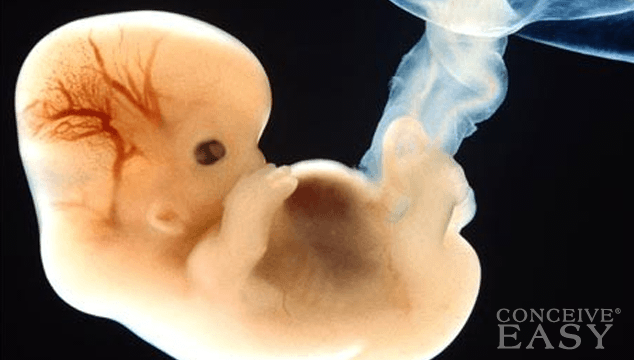Embryo donation is a third party reproduction method that has started to be used on a larger scale in recent years, after many countries have adopted laws and regulations regarding the conditions in which this medical procedure has to be performed. Here are 6 important facts you need to know about it. Claim Your 20 Free Pregnancy Tests – Click Here

The donation of embryos is one of the best options when the woman and her partner need both a donor egg and donor sperm, and the donors are usually couples that have used the IVF method with success and now are willing to help other people to conceive.

This procedure is recommended for the persons who present a number of problems or risk factors compared to the majority of the couples, such as women without ovaries or with a low quantity and quality of eggs, people over the age of 40, the couples that have had no success with other fertility methods or patients that have an inherited medical condition which lowers their chances of a successful pregnancy.

First, the donors are screened for various diseases that might affect the process, such as HIV, hepatitis type B and C or various genetic conditions. It is recommended for both of the donors to be under 36 years. Then, the donors and the receiving couples are matched based on genetic and social traits, like: hair and eye color, height, build, intelligence, occupation or even hobbies.

The couples who have used the IVF method successfully are preferred as donors, since, after the use of this procedure, a number of extra embryos are produced, and these can be used if the first attempt fails or if the couples want these embryos for a future pregnancy for themselves or for other patients.

The embryo donation needs some additional help to increase its rate of success, because the couples who are using it have lower physical parameters for conceiving. Various fertility drugs are administrated to contribute to the safe and healthy development of the embryo to the mature stage.

The procedure is usually performed in a very short period, the collecting and mixing of the eggs and sperm sample in the laboratory being done in only a couple of days. The embryo will be ready for fertilization immediately, and the recipient woman can undergo the medical procedure after 2 or 3 days.
Before deciding on such a procedure, it is advisable to contact multiple fertility clinics to learn more about it and make a comparison between the services and prices offered.










Comments